Fuck Like a Porn Star (AfterMeth)
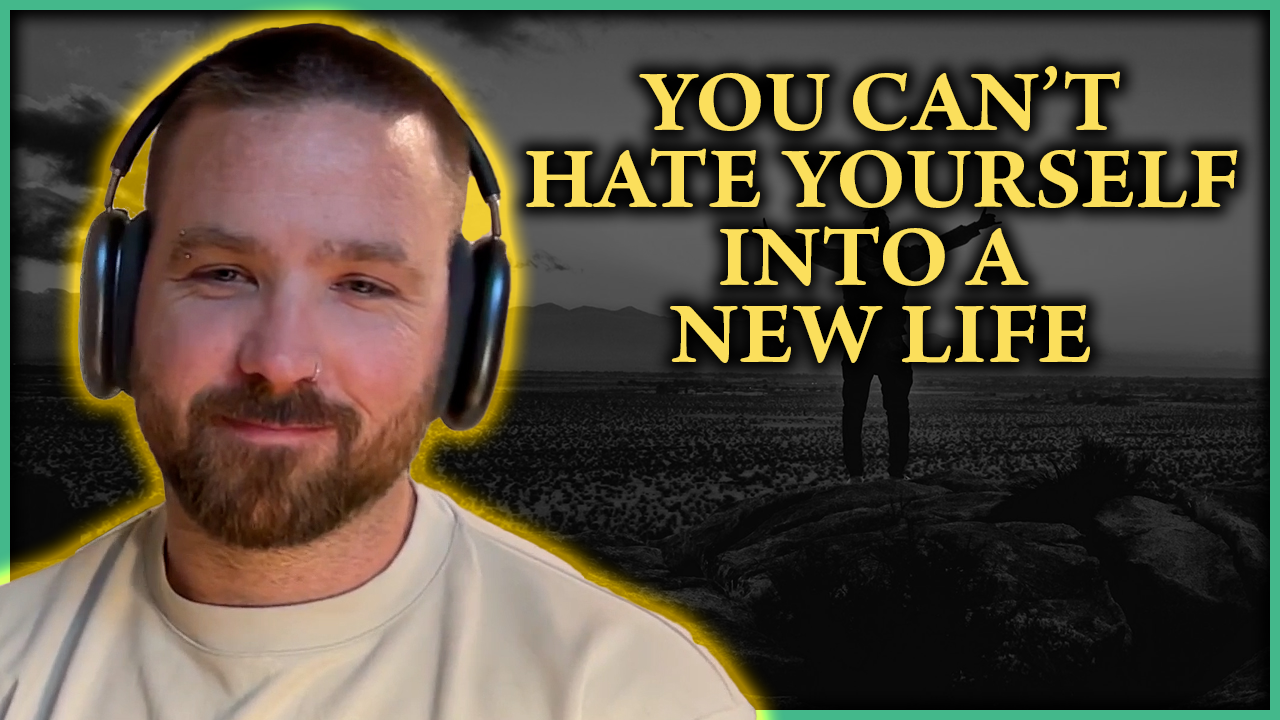
Sexual recovery after meth addiction isn't just about abstaining from substances—it's about fundamentally reimagining your relationship with intimacy, pleasure, and connection.
Jayson Parker's journey from religious shame through addiction to sexual liberation offers a roadmap for anyone seeking to reclaim their authentic sexual self in recovery.
This isn't a fairy tale with a neat ending.
It's a messy, non-linear process that requires courage, honesty, and tremendous self-compassion.
But as Jayson demonstrates, it's absolutely possible to build a fulfilling sex life that honors both your recovery and your desires.
Listen to the Podcast HERE
Watch the Podcast HERE
Understanding the Connection: Trauma, Shame, and the "Magic Elixir"
For many gay men, particularly those from religious backgrounds, meth serves as what Jayson calls a "magic elixir"—temporarily dissolving years of accumulated shame about sexuality, body image, and desire.
The first time using often feels like "coming home" because it removes the burden of religious trauma and sexual suppression that has been carried for years.
This understanding is crucial because it helps explain why traditional "just say no" approaches often fail.
The drug isn't just providing physical pleasure—it's offering temporary freedom from deep psychological wounds.
Recovery requires addressing these underlying traumas while building new, healthier pathways to sexual liberation.
Key Insight: You cannot hate yourself into a new life. Shaming your addiction or demonizing your past sexual experiences will only create more barriers to healing. Recovery requires grieving what you're leaving behind while holding hope for what's possible.
The Grieving Process: Honoring What Was While Moving Forward
One of Jayson's most profound insights involves approaching recovery as a grieving process. This means:
- Acknowledging the positive aspects of your addiction experience without minimizing its destructiveness
- Saying goodbye to a part of your life that, despite its problems, provided certain benefits
- Holding space for sadness about what you're losing while maintaining hope for what's ahead
- Refusing to villainize your past self or your experiences with substances
This process requires what Jayson calls "radical honesty"—the willingness to look at truths about yourself that you don't want to see.
This includes honestly assessing whether you're ready for certain challenges, like returning to dating apps or attending sexually charged events.
Rebuilding Sexual Relationships: The Power of "For Now"
Jayson took a deliberate break from his previous patterns of sexual initiation—no apps, no anonymous hookups—for nine months initially, and later extended his break from dating apps to three full years. This wasn't punishment; it was strategic rebuilding.
His approach included several key principles:
Organic Connection Only: When he returned to sexual activity, it had to happen through natural connections—friends of friends, at events, through cruising—rather than the instant gratification of apps.
The "For Now" Mindset: Instead of thinking "I can never use Grindr again," he framed it as "For now, I'm staying off the apps." This reduced the psychological pressure and made the commitment feel manageable.
Community Building: He found sober buddies who shared his interests in sexual exploration, creating accountability without judgment.
Honest Self-Assessment: Before re-engaging with triggering environments, he honestly assessed his readiness, accepting that even years into recovery, he might not be ready for certain challenges.
Practical Strategies for Sexual Recovery
Creating Safety in High-Risk Situations
When Jayson began attending sexually charged events like orgies where drugs were present, he employed several protective strategies:
- Buddy System: Always attending with a sober partner who understood the challenges
- Clear Intentions: Going with specific goals that aligned with recovery rather than escapism
- Exit Strategies: Having predetermined plans for leaving if situations became triggering
- Community Support: Maintaining connections with people he could call during challenging moments
Rediscovering Pleasure and Connection
Sexual recovery isn't about settling for less—it's about discovering forms of pleasure and connection that aren't available while using substances. This includes:
- Embracing Imperfection: Allowing sex to be silly, awkward, and unpredictable rather than performance-oriented
- Appreciating Sensation: Learning to value emotional and psychological satisfaction over purely physical intensity
- Building Intimacy: Developing the capacity for genuine connection that wasn't possible while under the influence
Managing Triggers and Temptation
Even years into recovery, certain situations or substances (like poppers, for some people) can present challenges. The key is honest self-assessment:
- Know Your Limits: Understanding which substances or situations you can handle and which you cannot
- Regular Check-ins: Continuously assessing your relationship with potentially triggering activities
- Willingness to Adjust: Being prepared to change your approach if something isn't working
The Role of Purpose and Community
Recovery thrives when it's connected to larger purposes. For Jayson, this included:
- Professional Development: Building a career that aligned with his values and interests
- Community Service: Contributing to recovery communities through the Pepper Diet Academy conference
- Mentorship: Both receiving guidance from others further along in recovery and offering support to those earlier in the process
Key Principles for Sexual Recovery
-
Self-Honesty is Non-Negotiable: You must be willing to look at uncomfortable truths about your readiness and capabilities.
-
Recovery is Not Linear: Expect setbacks, awkward moments, and periods of doubt. These are normal parts of the process.
-
Community Accelerates Healing: Isolation maintains addiction; connection facilitates recovery.
-
Patience Creates Possibility: Rushing the process often leads to relapse. Taking time allows for genuine transformation.
-
Integration Over Elimination: Rather than avoiding all sexual triggers forever, the goal is learning to navigate them safely.
Moving Forward: Your Recovery, Your Rules
Sexual recovery is deeply personal. What works for Jayson may not work for you, and that's perfectly okay.
The key principles—honesty, community, patience, and self-compassion—remain constant, but how you apply them will be unique to your situation.
Remember that recovery isn't about returning to who you were before addiction; it's about becoming who you're meant to be.
Your sexual recovery journey is an opportunity to discover aspects of yourself that may have been buried under years of shame, trauma, or substance use.
The path isn't easy, but as Jayson's story demonstrates, it's absolutely possible to build a sex life that is both fulfilling and recovery-centered.
You deserve nothing less than complete sexual liberation—not despite your addiction history, but because of the wisdom and resilience you've gained through your recovery journey.
Take your time. Be patient with yourself. Trust the process. And remember: you cannot hate yourself into a new life, but you can love yourself into one.
Love, Dallas
Reflective Questions
-
What shame or trauma around sexuality do I need to address in my recovery process? Consider religious upbringing, family messages, or past experiences that created negative associations with sex or your body.
-
How would I describe my current "arousal template"—what patterns of sexual thinking and behavior have I developed, and which ones serve my recovery? Think about both healthy and potentially problematic patterns.
-
What does sexual liberation mean to me personally, separate from substance use? Try to envision your authentic sexual self without the influence of drugs or alcohol.
-
When I honestly assess my readiness for various sexual situations (apps, parties, new relationships), what do I discover? Practice the radical honesty Jayson describes.
-
What kind of community support do I need to navigate sexual recovery successfully? Consider both professional help and peer connections.
Journal Prompts
-
Write a letter to your addiction, acknowledging both the positive and negative aspects of what it provided. Practice the grieving process Jayson describes by honoring what you received while saying goodbye to what no longer serves you.
-
Describe your ideal sexual self in recovery. What would sexual liberation look like for you? Include both physical and emotional aspects of sexuality.
-
Identify three specific triggers or challenges in your sexual recovery and brainstorm concrete strategies for managing each one. Be as specific as possible about both the challenges and your responses.
-
Reflect on a time when you were sexually triggered or tempted in recovery. What did you learn from that experience? Consider both what worked and what you might do differently.
-
Write about your relationship with shame around sexuality. Where did these messages come from, and how might you begin to challenge them?
Action Exercises
-
Create a sexual recovery timeline. Map out your journey from active addiction through early recovery to where you are now. Identify key turning points, challenges, and victories. This helps you see your progress and patterns.
-
Develop a personal "readiness assessment" checklist. Create specific criteria for evaluating your readiness for different sexual situations (dating apps, parties, new relationships). Include both emotional and practical considerations.
-
Build your recovery community. Identify and connect with at least three people who can support your sexual recovery journey. This might include therapists, support group members, or friends who understand your situation.
-
Practice the "for now" reframe. Choose one area where you feel restricted in recovery and practice reframing it as a temporary choice rather than a permanent limitation. Notice how this changes your emotional response.
-
Conduct a trigger inventory. Make a detailed list of sexual situations, substances, or environments that feel challenging. Rate each on a scale of 1-10 for how triggering they are, and develop specific strategies for the highest-risk situations.
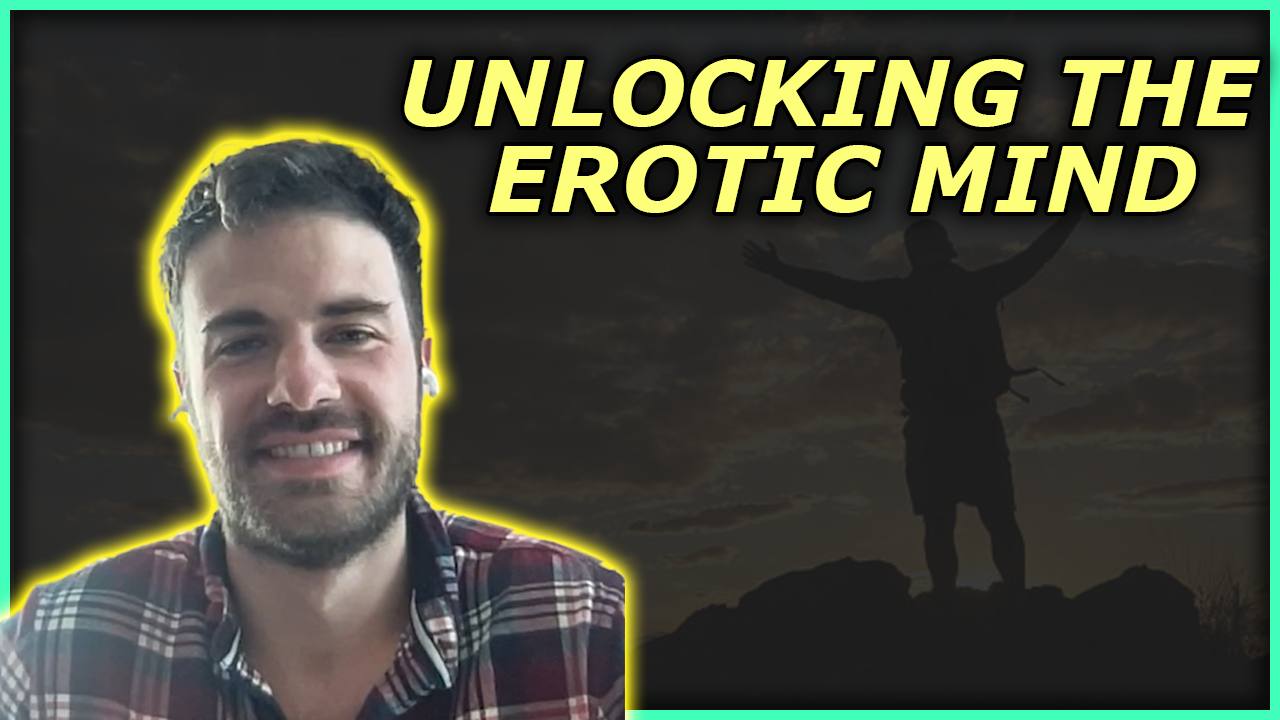
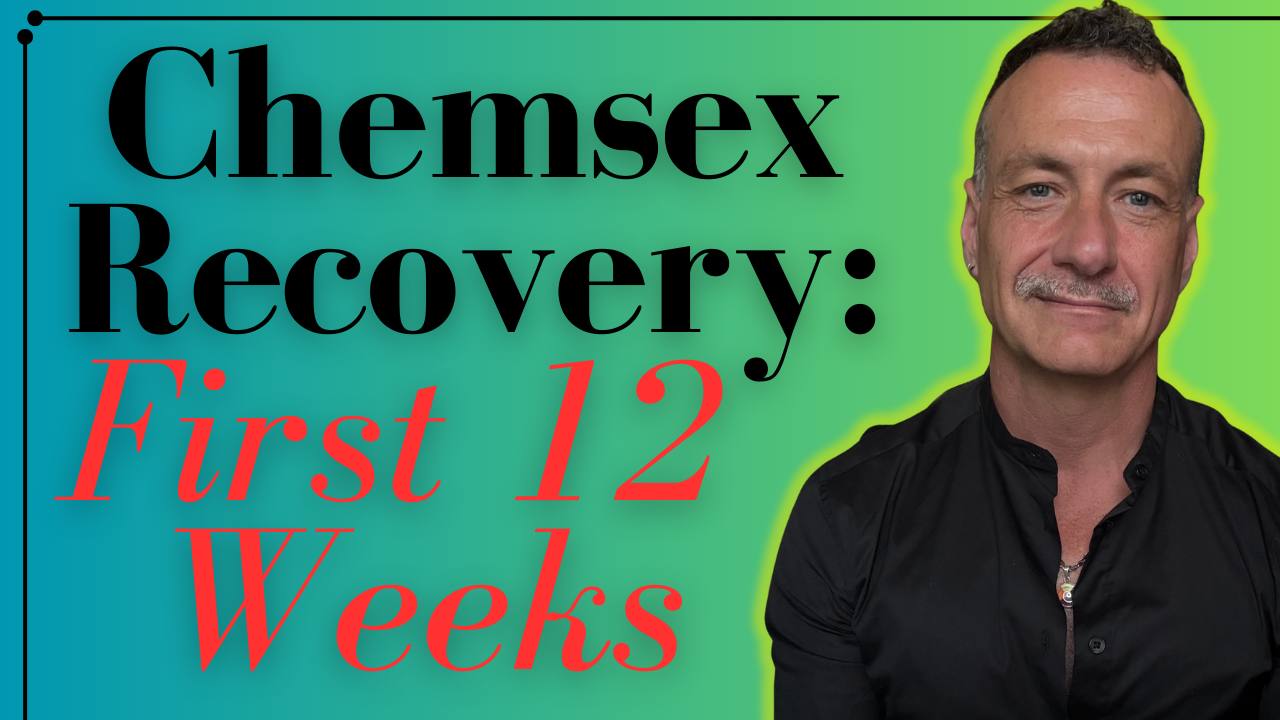
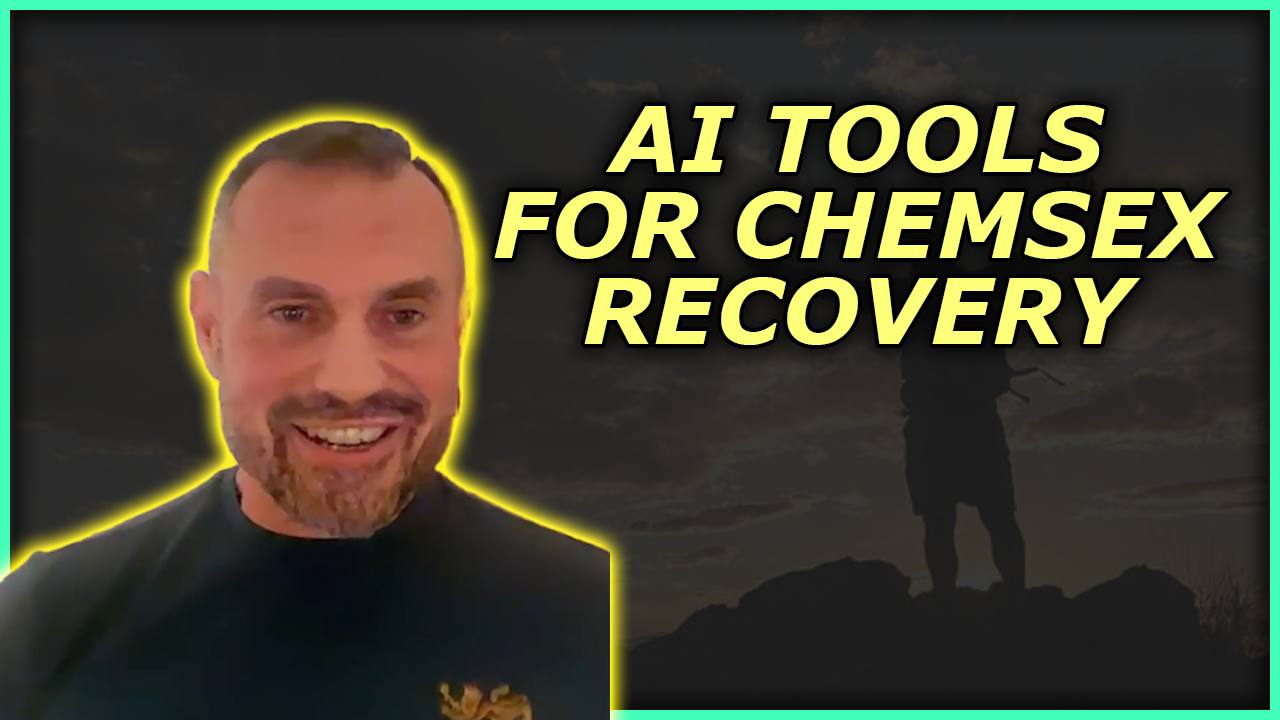
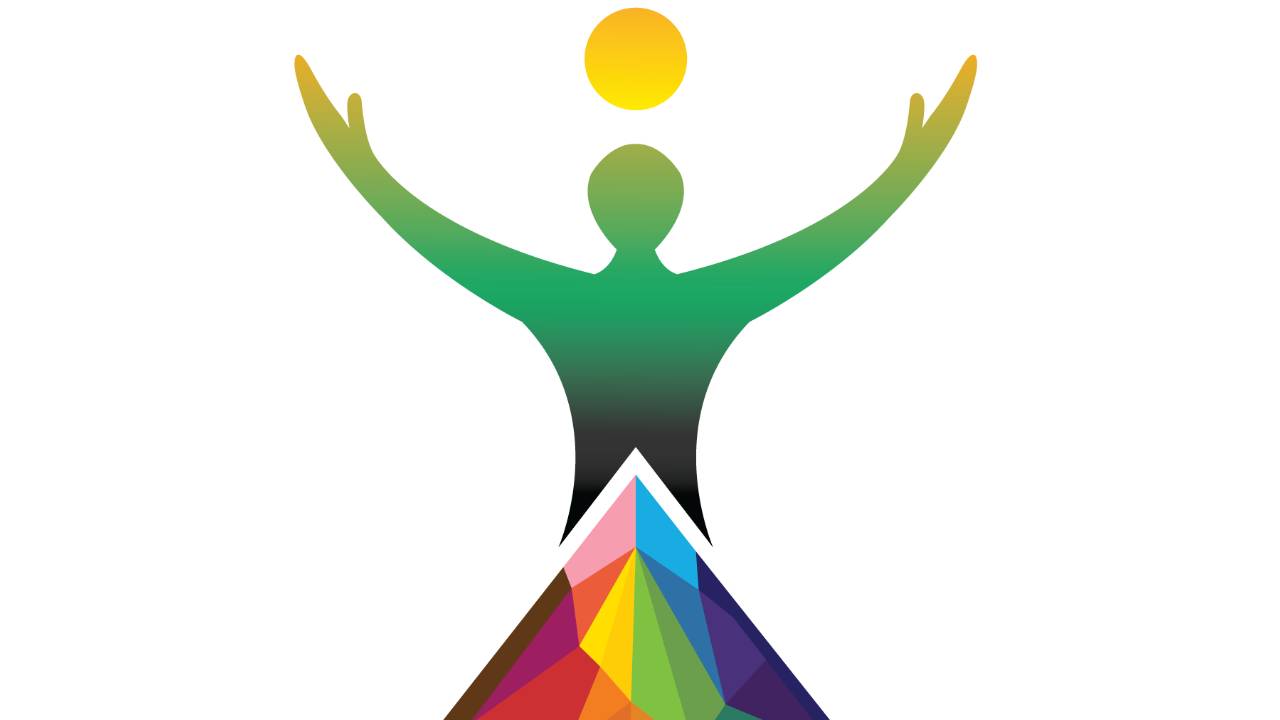
Responses